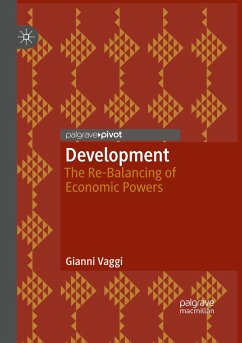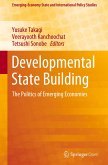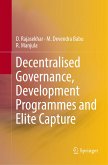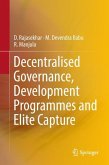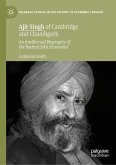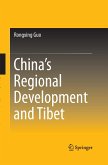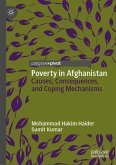This book provides a brief history of the notion of development and related policies. Readers will find an overview of the main development notions and debates from 1950 to the 2015 Sustainable Development Goals. The author argues that sustainable development is equal to empowerment within a specific historical setting; development is a dialectic relationship between people's empowerment and the existing social and economic structures. The book examines some well-known growth theories from Harrod in 1939 to contemporary debates views about the role of the state and the market. Some major structural changes are also examined from economic growth in Asia to international finance: the author contends that contemporary issues on development can be better understood with the help of the founding fathers of economics, from the Mercantilist era to Marx. They help to understand the difficult relationship between development and market forces within different models of social and economicreproduction. The author contends that the main development challenge is that of building a global partnership in a system with enormous differences in economic powers and offers some examples of how to re-balance the existing economic powers particularly in trade and finance.
Bitte wählen Sie Ihr Anliegen aus.
Rechnungen
Retourenschein anfordern
Bestellstatus
Storno

